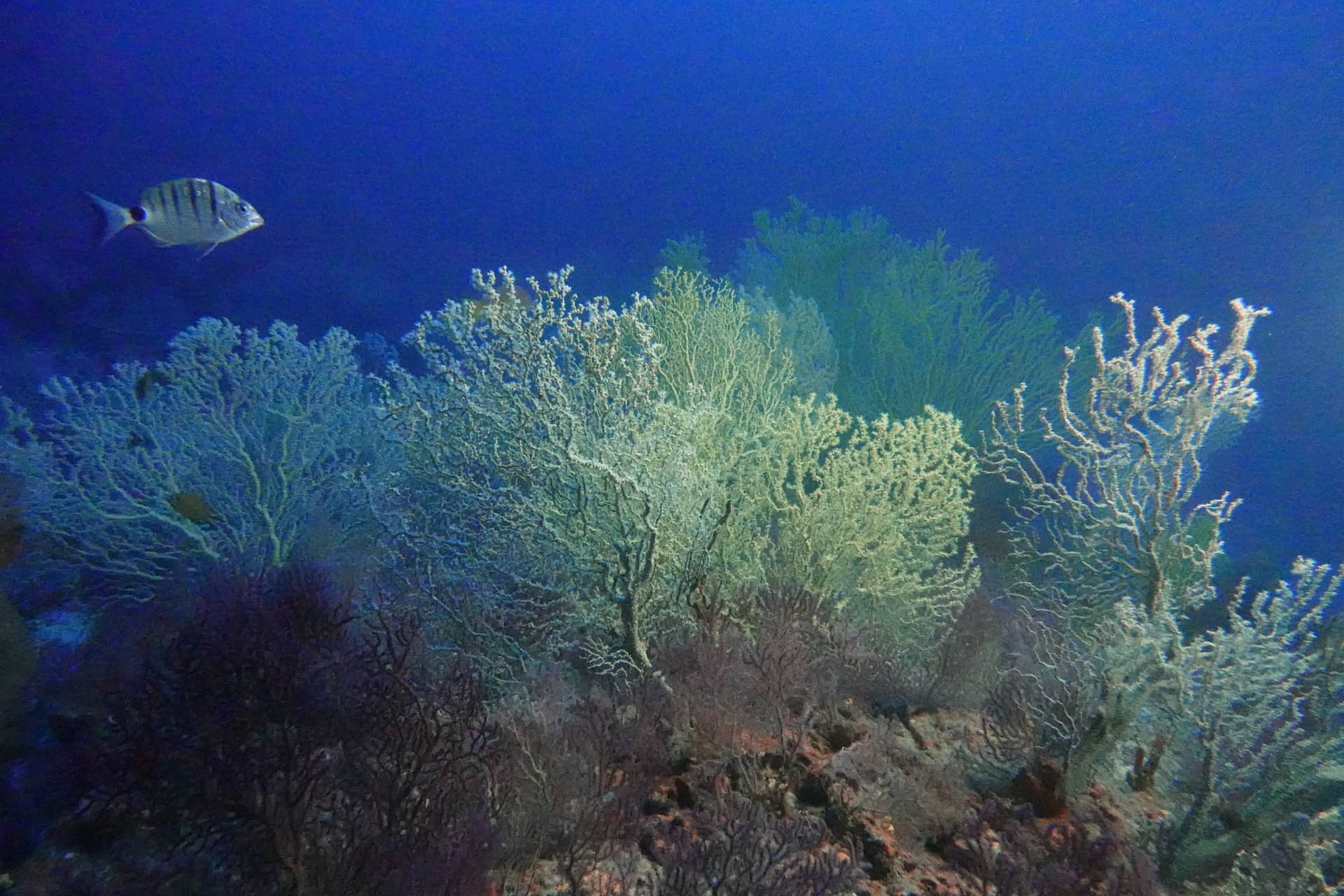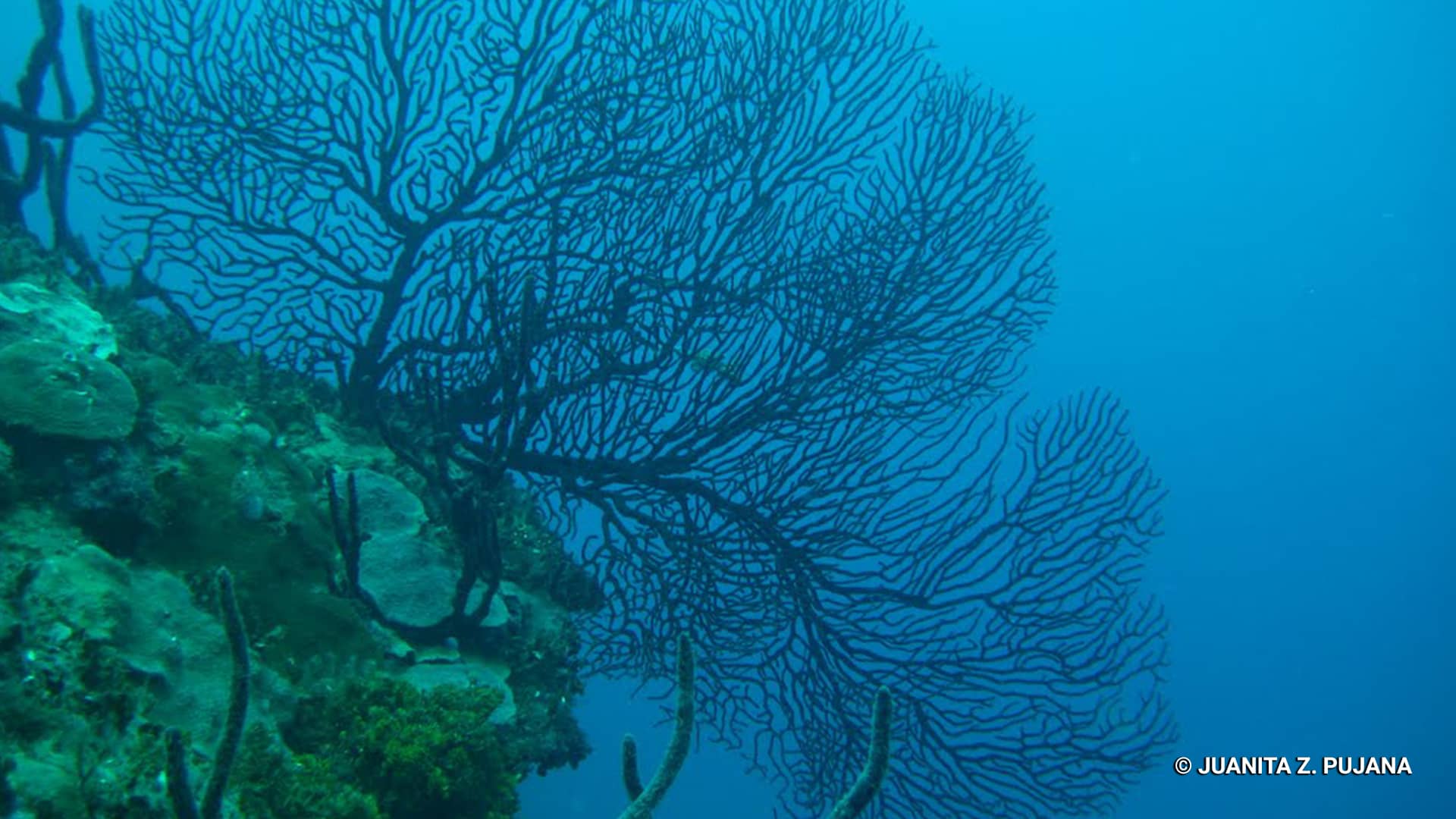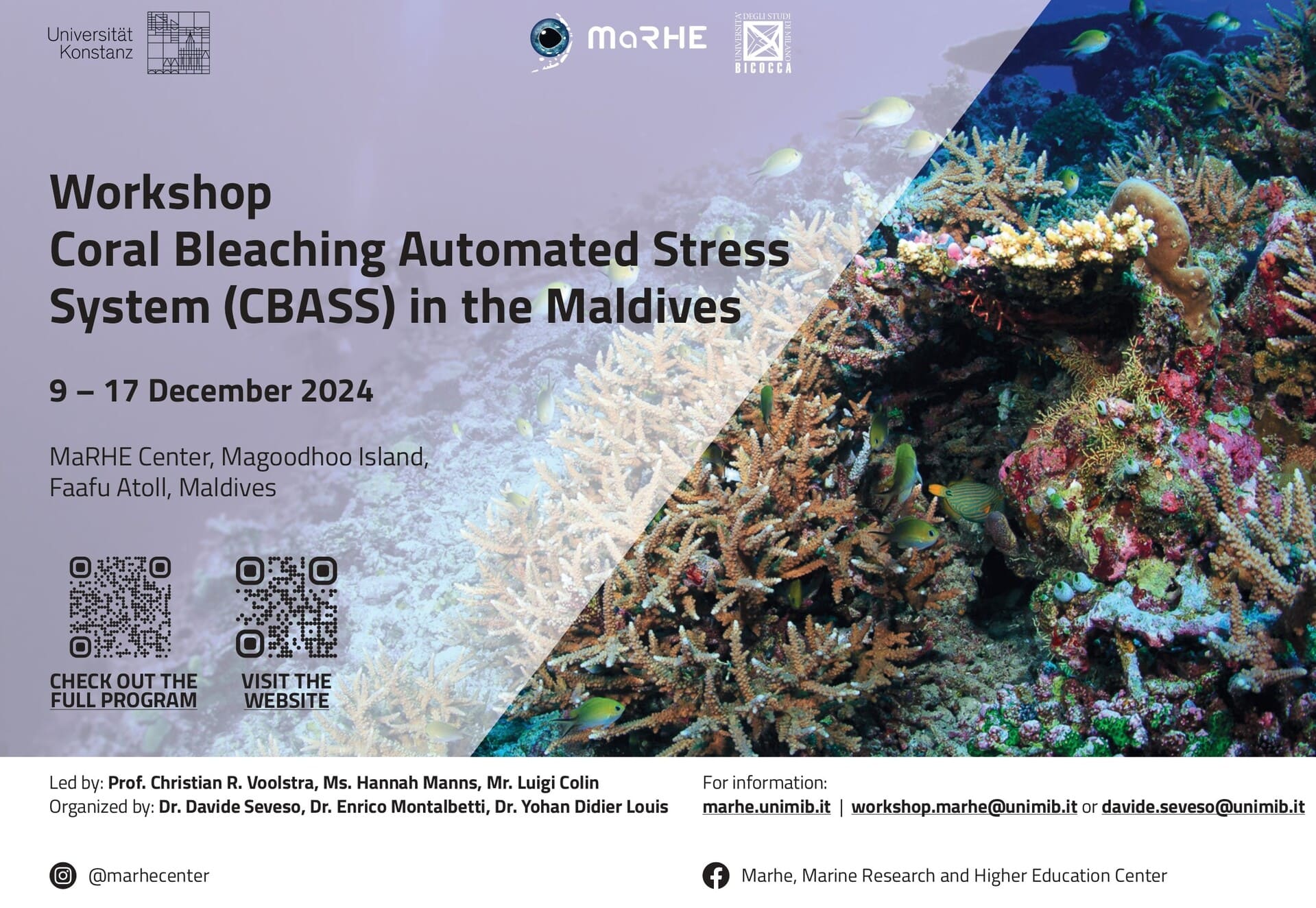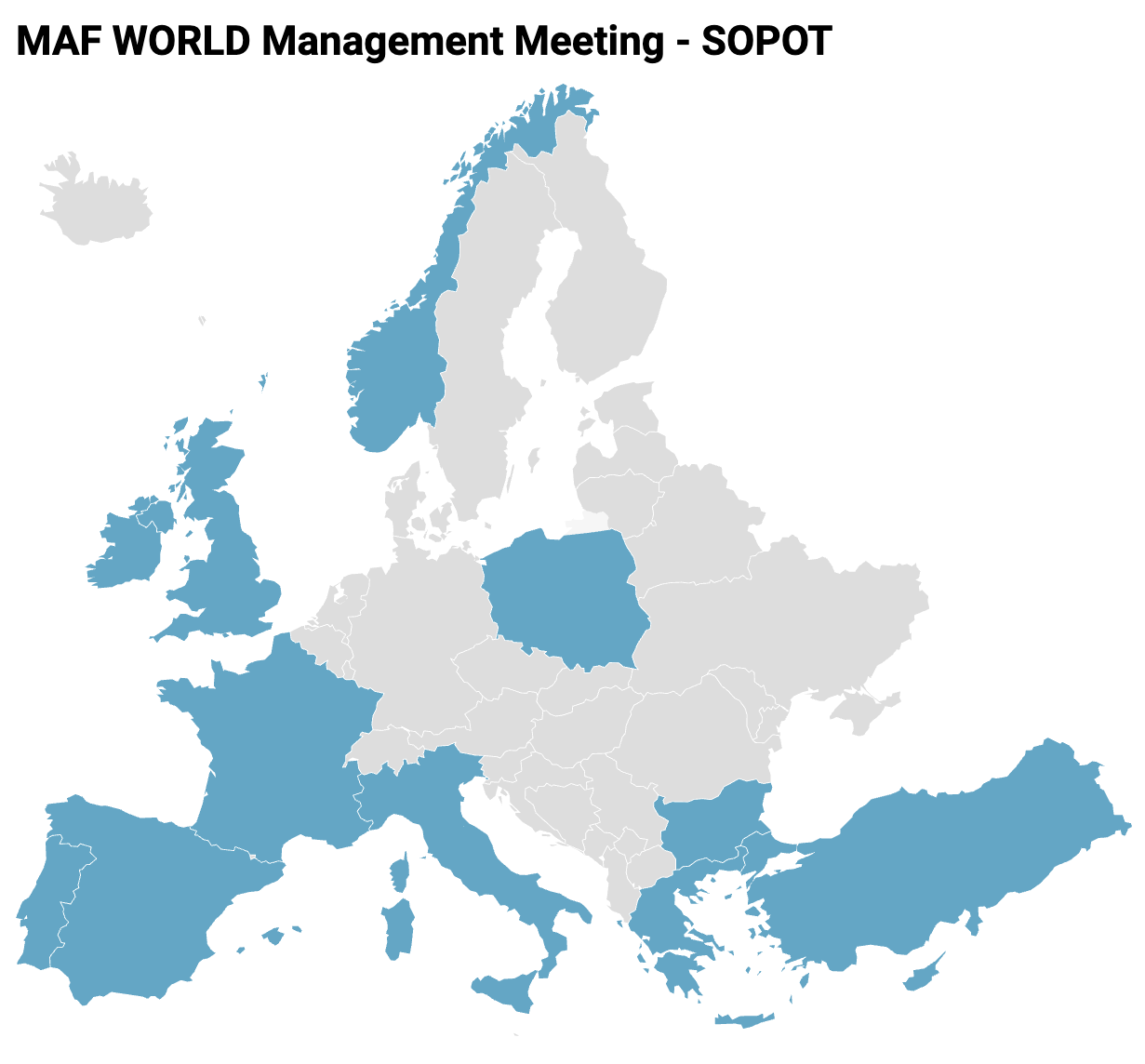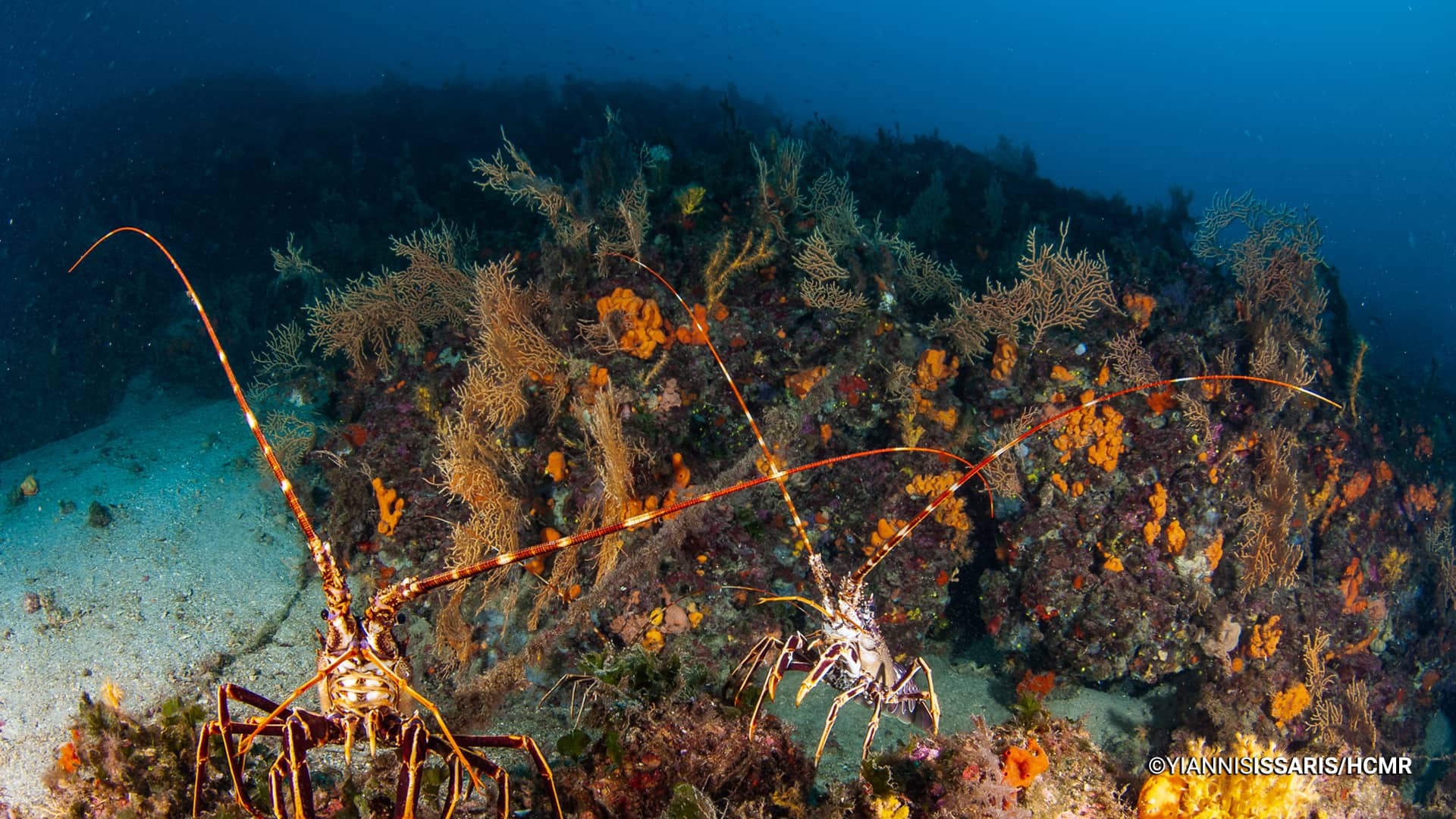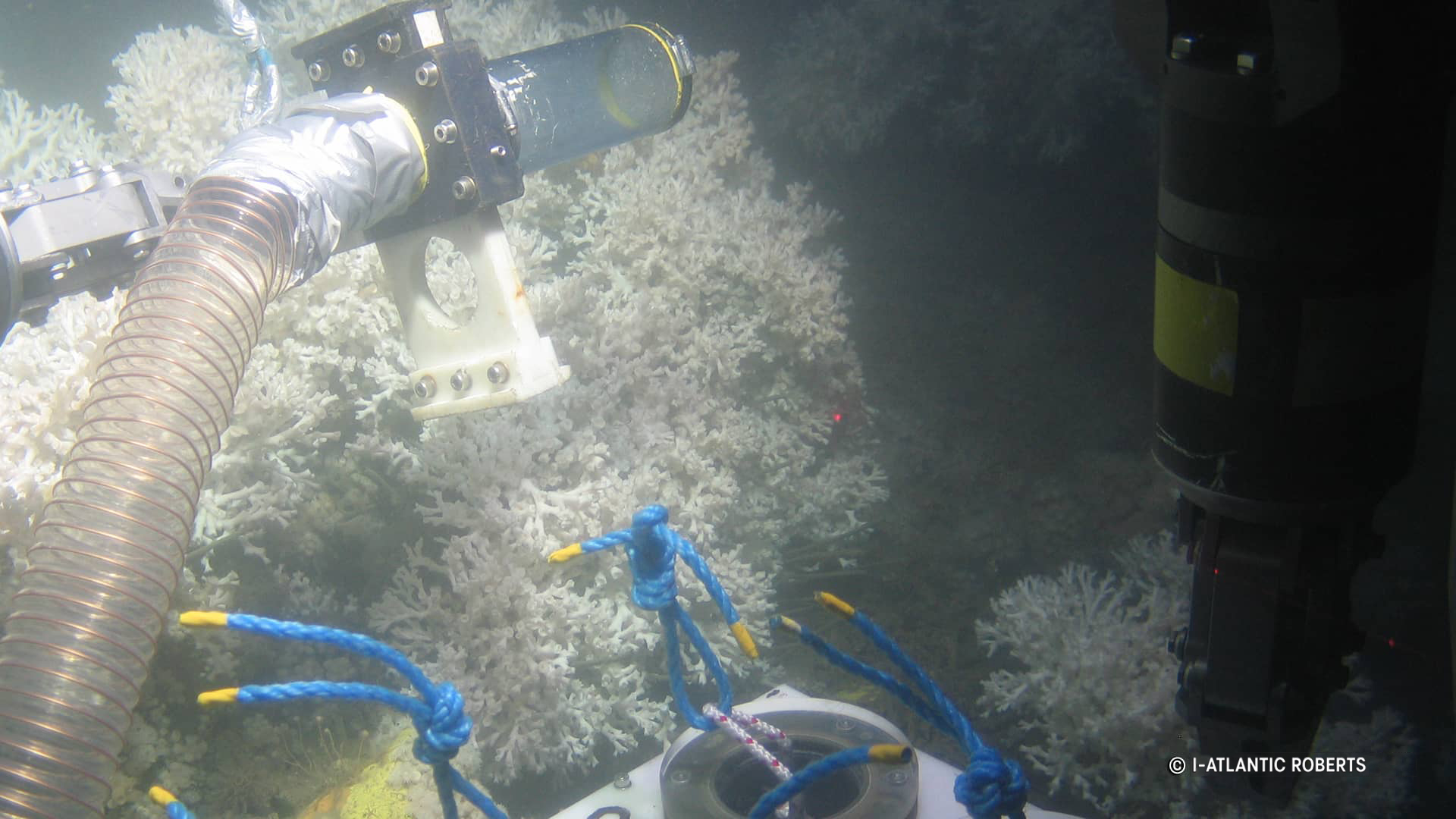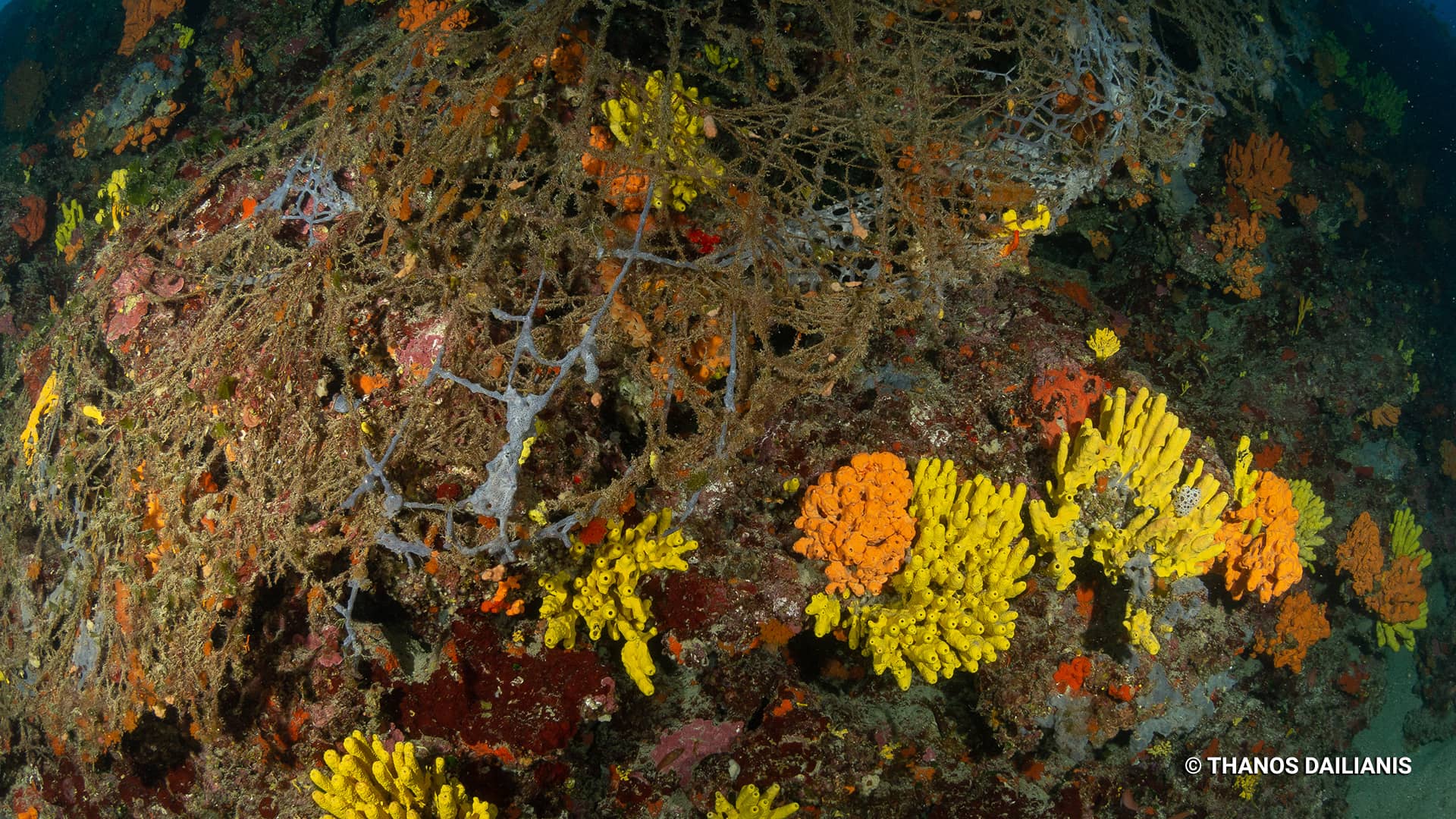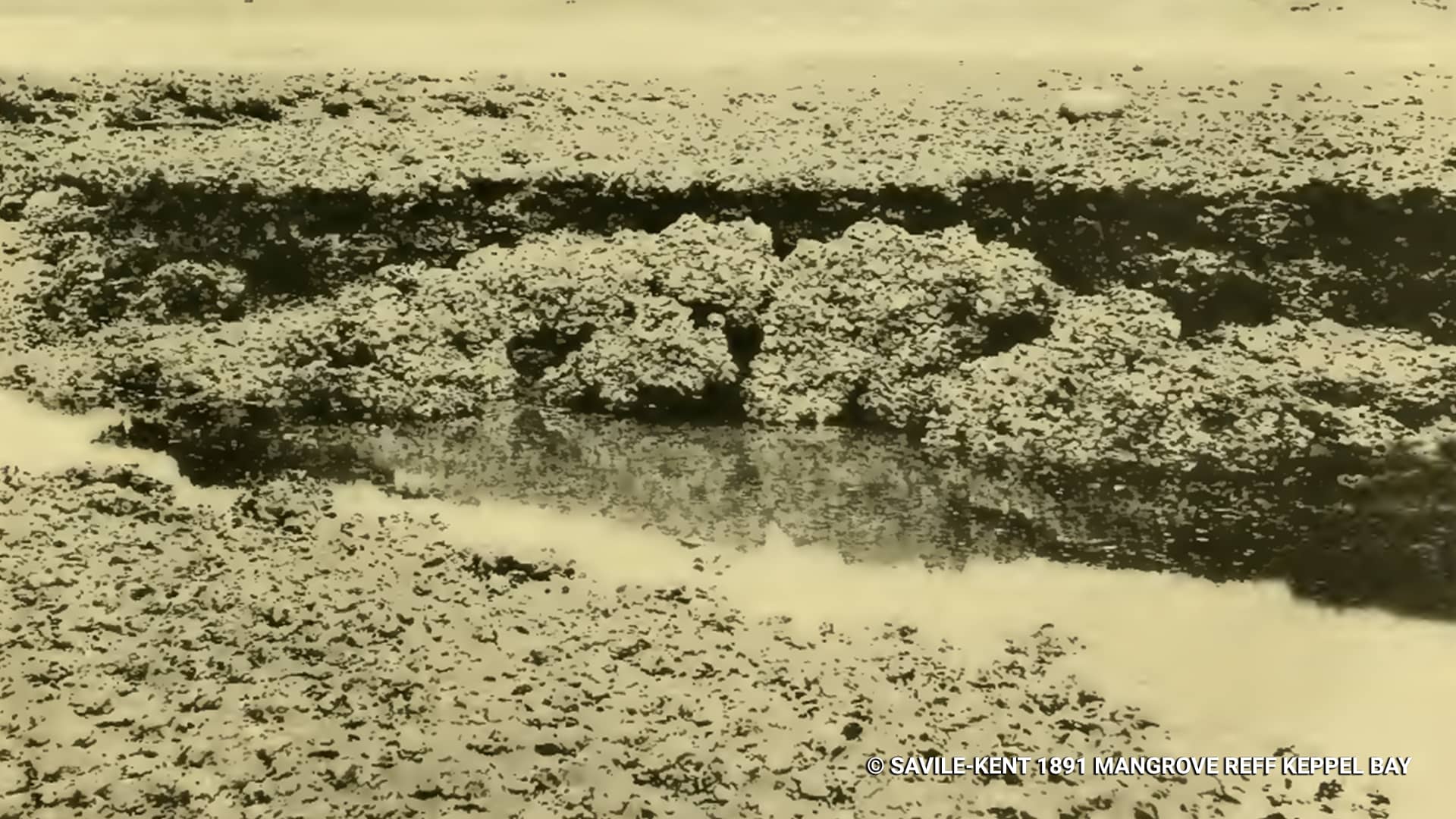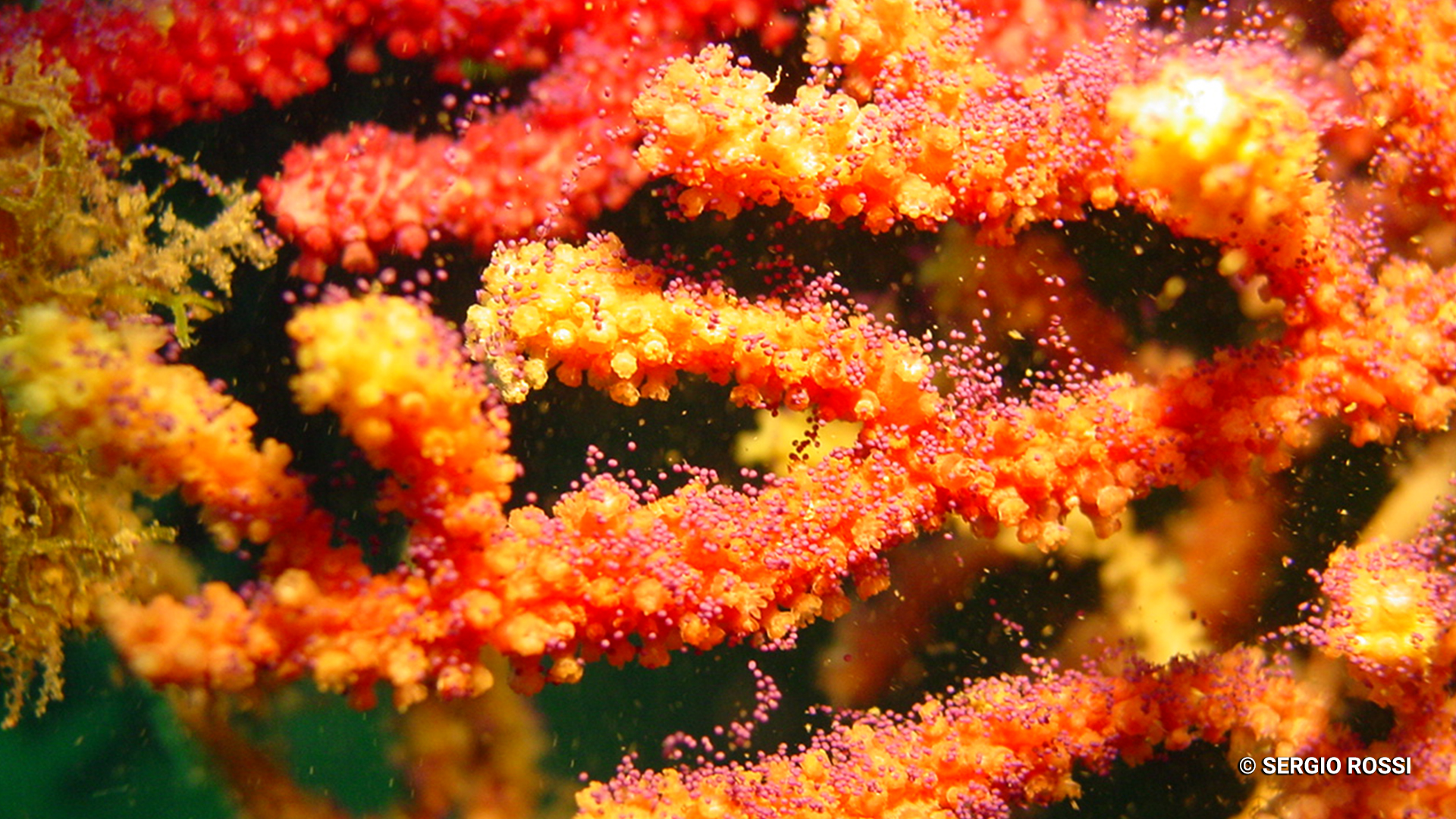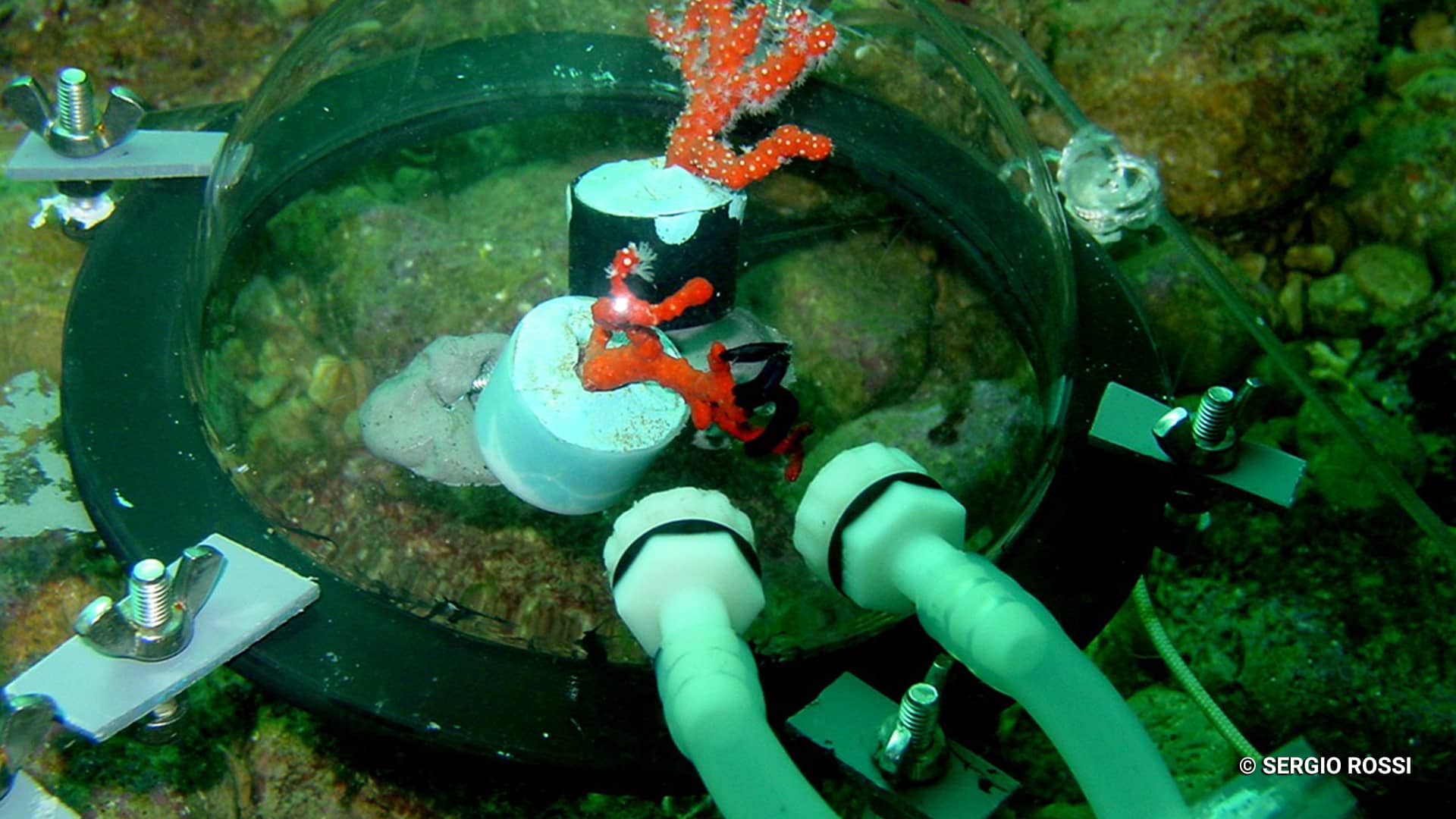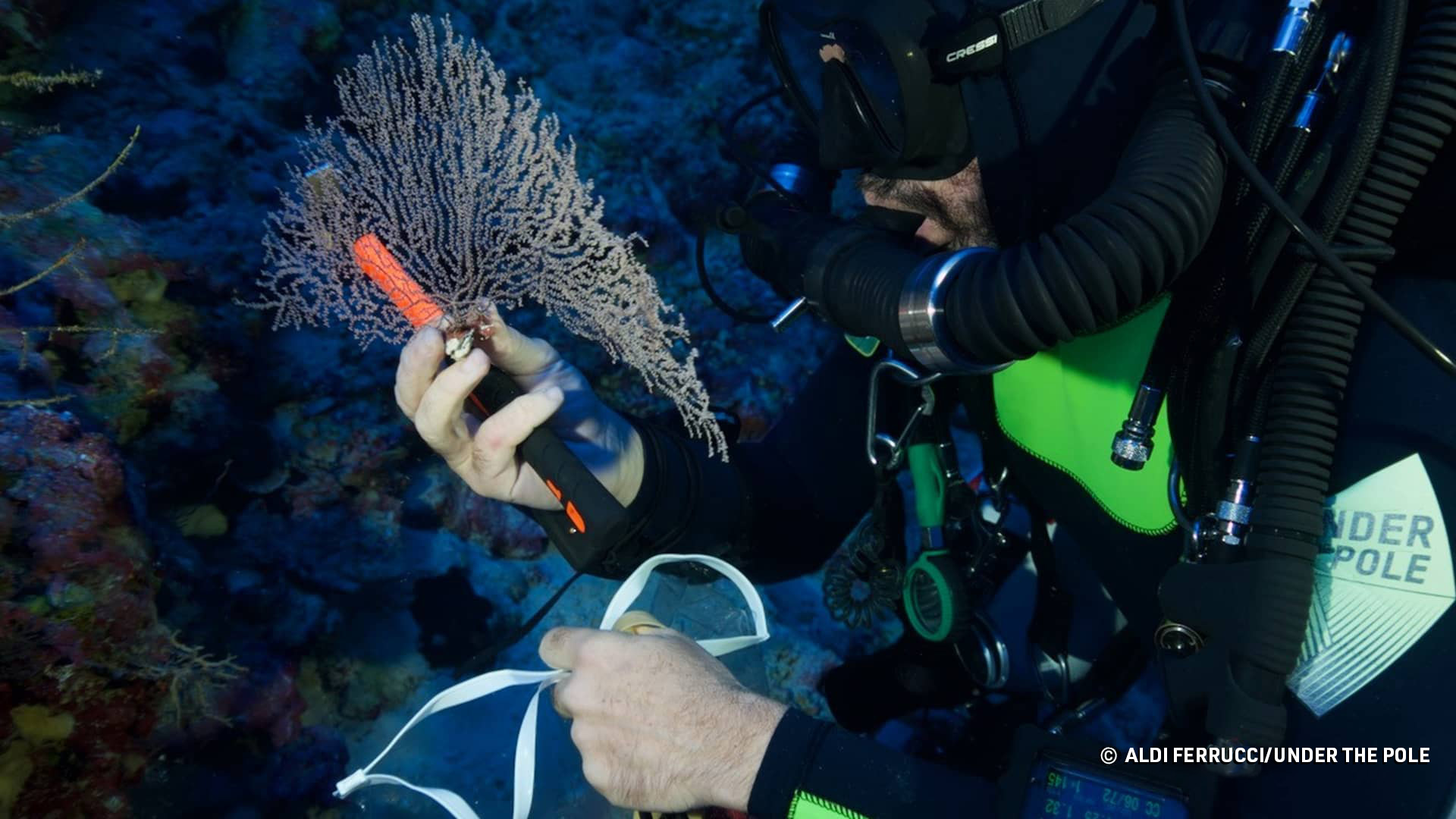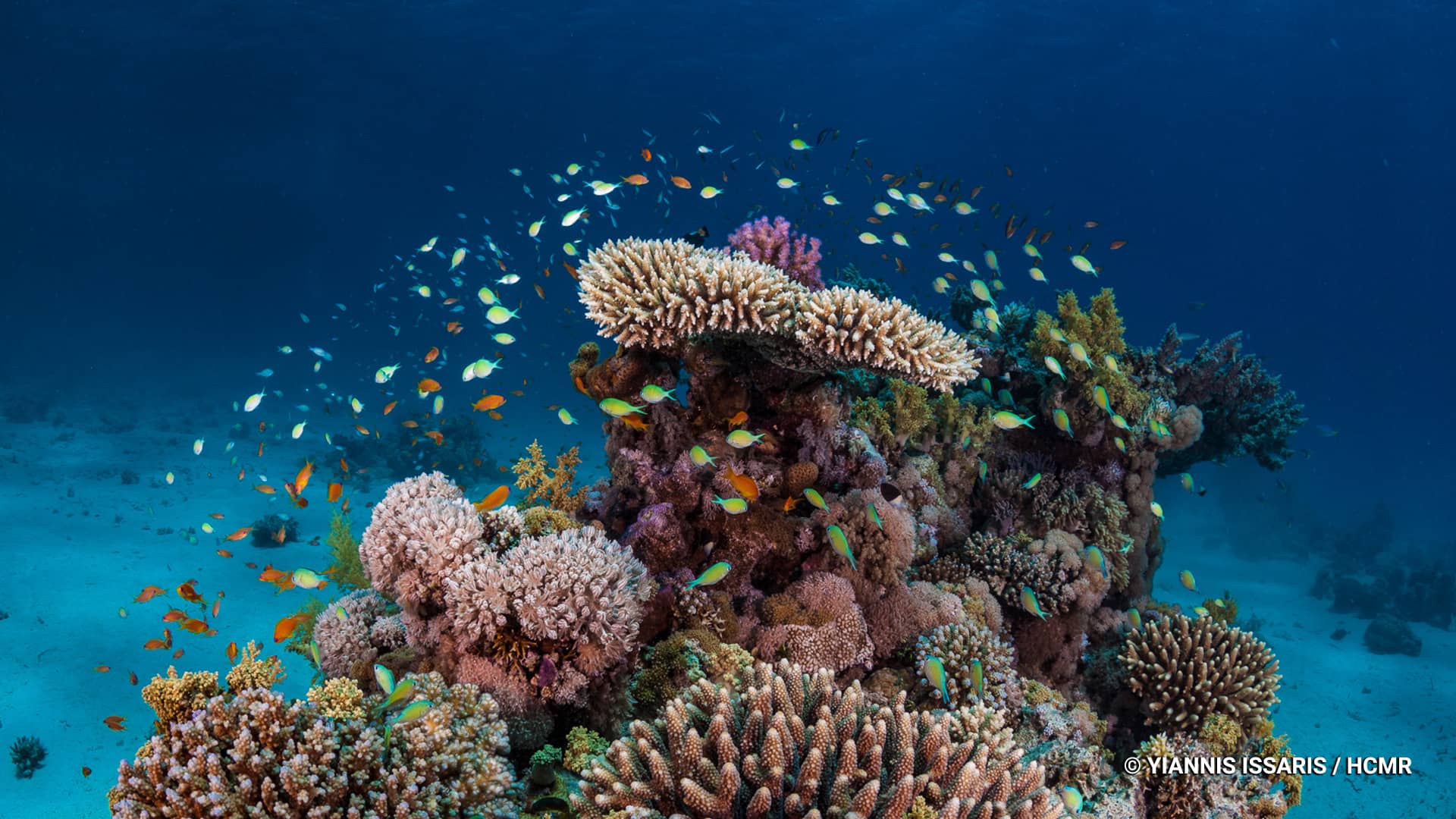ABOUT
Description of the Action
Major marine biodiversity hotspots occur within and around extended three-dimensional communities known as Marine Animal Forests (MAFs). MAFs are biotic assemblages mainly composed of suspension feeding organisms like sponges, gorgonians, hard corals, bryozoans, bivalves, etc., that form canopies like the trees or shrubs on land, thus creating underwater forests. As Aichi targets have been impossible to achieve by 2020, we need networks that allow working together for the same objective, with special attention to marine ecosystems as the MAFs.
These submersed forests provide ecosystem services which are essential for hundreds of million people worldwide. In this UN decade of the oceans, we aim to provide the scientific basis for understanding and preserving the ecosystem services of the MAFs throughout the world. These ecosystem services are under increasing anthropogenic pressure and need a clear unifying picture to be shared with stakeholders and public. Developing a common protocol and gathering a consensus on the most appropriate tools to study and understand the animal forests’ role, will ultimately inform management, restoration, and conservation initiatives.
The network aims to develop an integrative vision that will fuel research and steer future policies on crosscutting sustainability-driven issues related to the fragmented governance of these benthic ecosystems in coastal and open ocean waters, creating cross sectoral platform for partners across academia, policymaking, and civil society, offering inclusive spaces for a transdisciplinary dialogue. We will also unify the protocols for restoration of the MAFs of the World, with nature-based solutions, to face climate change, natural disasters, and food supply.
NEWS
Latest Updates
Beneath the waves, vast forests of corals, sponges, and gorgonians form complex habitats that serve as the ocean's engine rooms. They shelter marine life, support fisheries, and sequester carbon. But we are losing them. A new Manifesto from scientists of the MAF WORLD COST action, led by Dr Sergio Rossi, reveals they are being destroyed by bottom trawling, pollution, and climate change. He says, “We are losing an ally, the one that helps to regulate much of the seafloor processes and functioning.”
Recently, a public letter circulated by the Asociación Tinerfeña de Amigos de la Naturaleza (ATAN) and the platform Salvar Punta Blanca raised concerns about the OCEAN CITIZEN project and its potential links to external initiatives in Tenerife.
As a consortium, we believe it is important to provide clarity and correct some misunderstandings. The following response outlines the OCEAN CITIZEN project objectives and explains why the project should not be confused with other independent initiatives.
When: January 24 2025 02:00 p. m. UTC
We will have a special session on Blue One Health concept. This webinar will explore the critical yet often overlooked role of marine ecosystems in the One Health framework.
We will have a special session on Blue One Health concept. This webinar will explore the critical yet often overlooked role of marine ecosystems in the One Health framework.
Theme: Ecosystem Stress Due to Climate Change: Actual Impacts and Future Concerns
Date: November 12-14, 2024
Format: Free hybrid event
Event Description: Climate change is placing significant stress on ecosystems worldwide. This event explores urgent actions needed to mitigate these impacts and strengthen adaptive measures for both ecosystems and the human communities that depend on them.
Date: November 12-14, 2024
Format: Free hybrid event
Event Description: Climate change is placing significant stress on ecosystems worldwide. This event explores urgent actions needed to mitigate these impacts and strengthen adaptive measures for both ecosystems and the human communities that depend on them.
Registrations are now open to a A didactic workshop in MaRHE facilities in the Maldives, to learn about a rapid system to determine standardized coral thermal thresholds in the field, held by Prof. Christian Voolstra.
